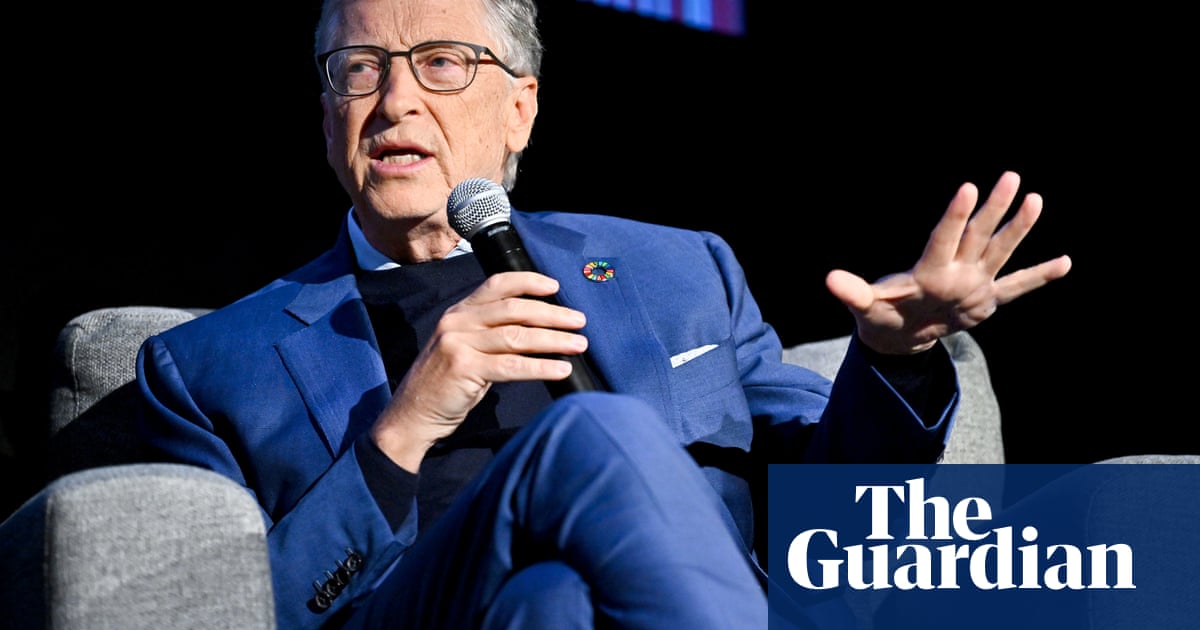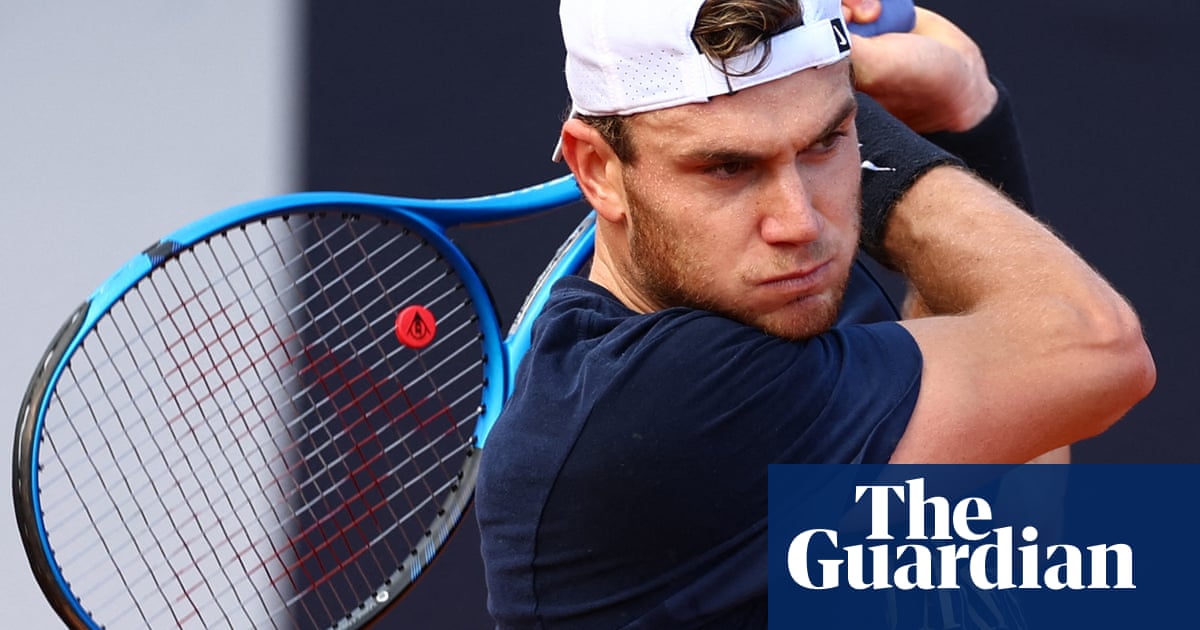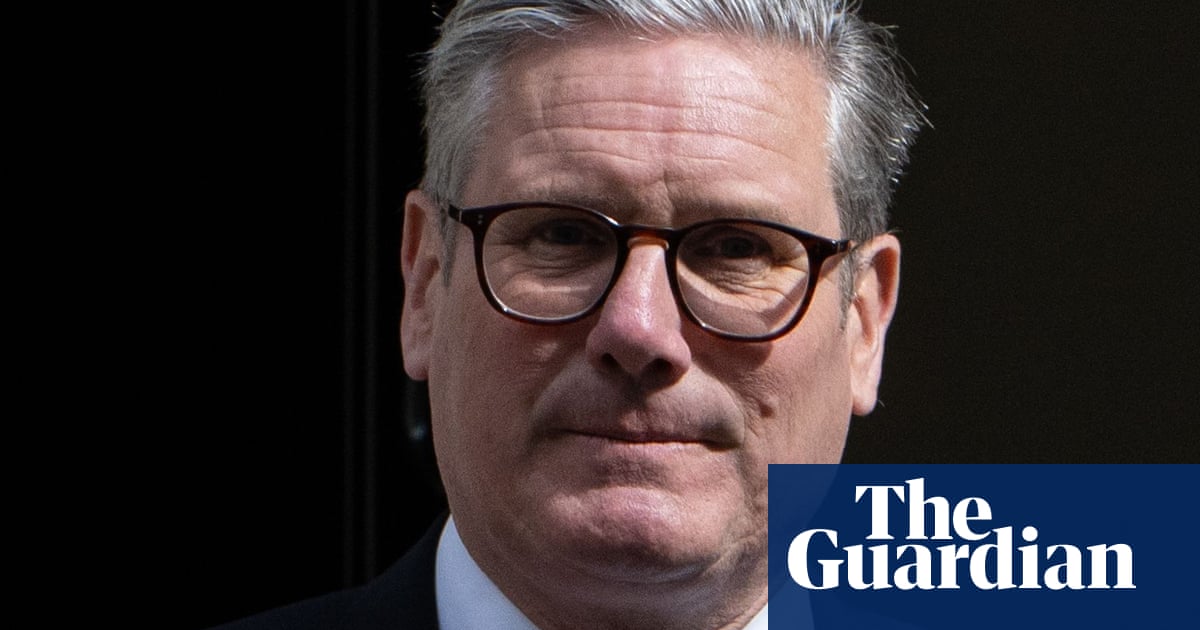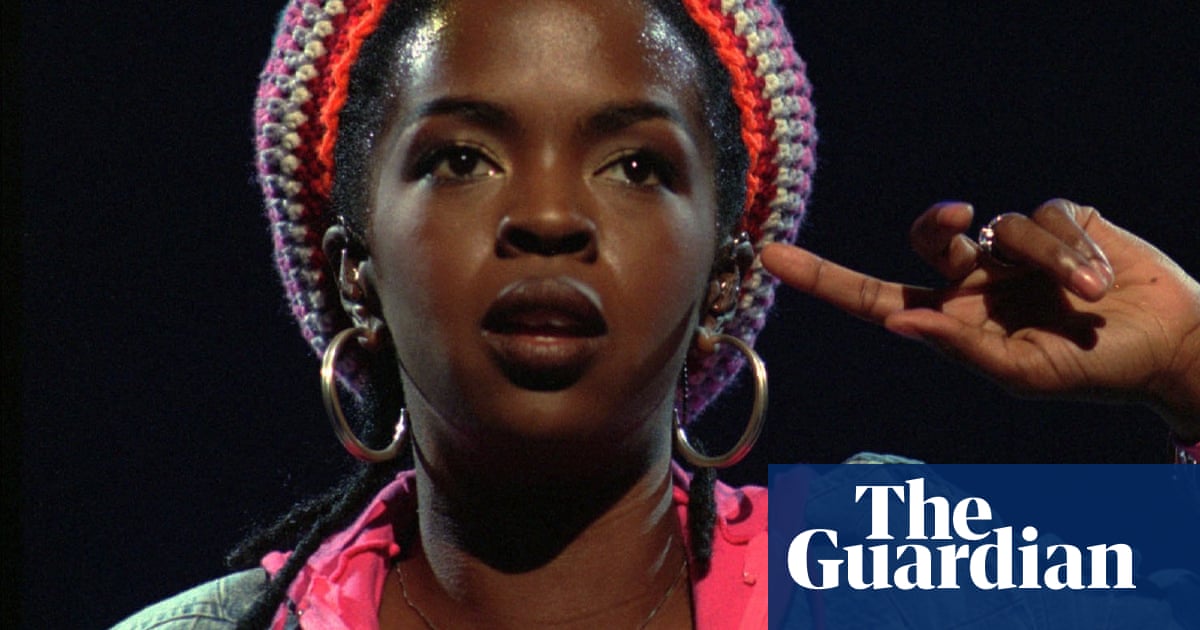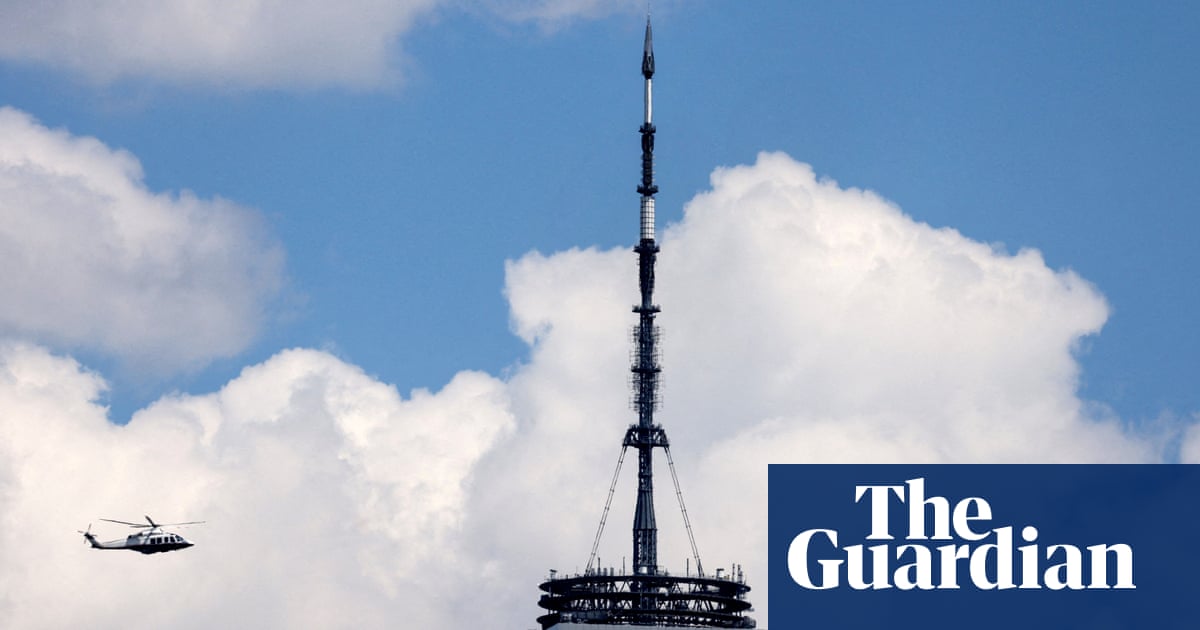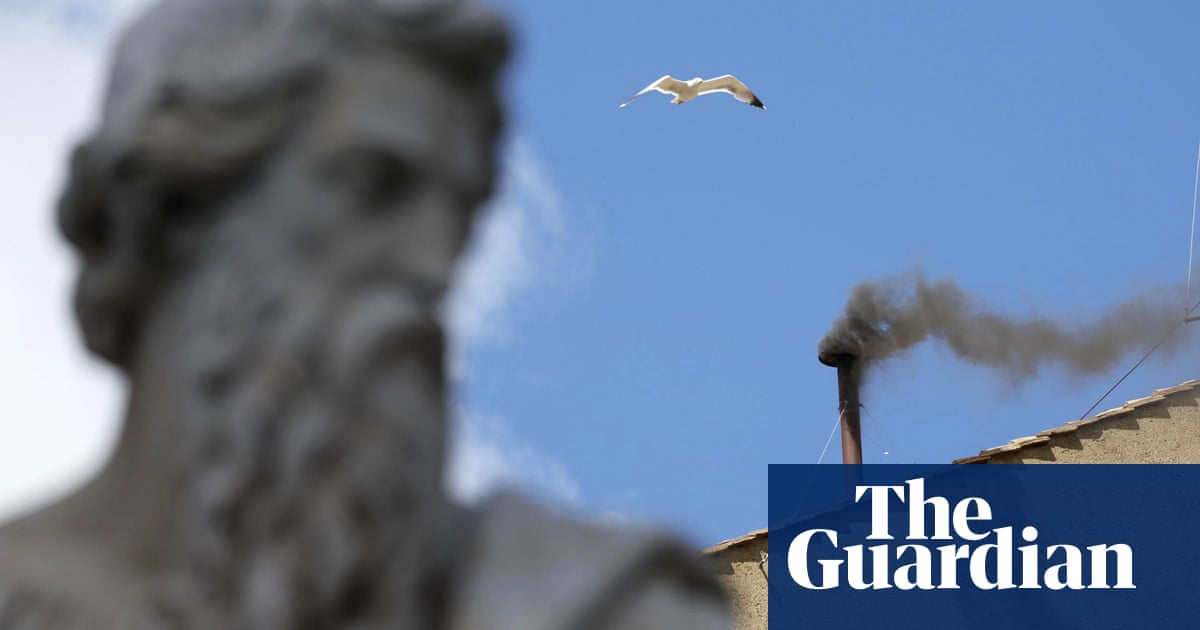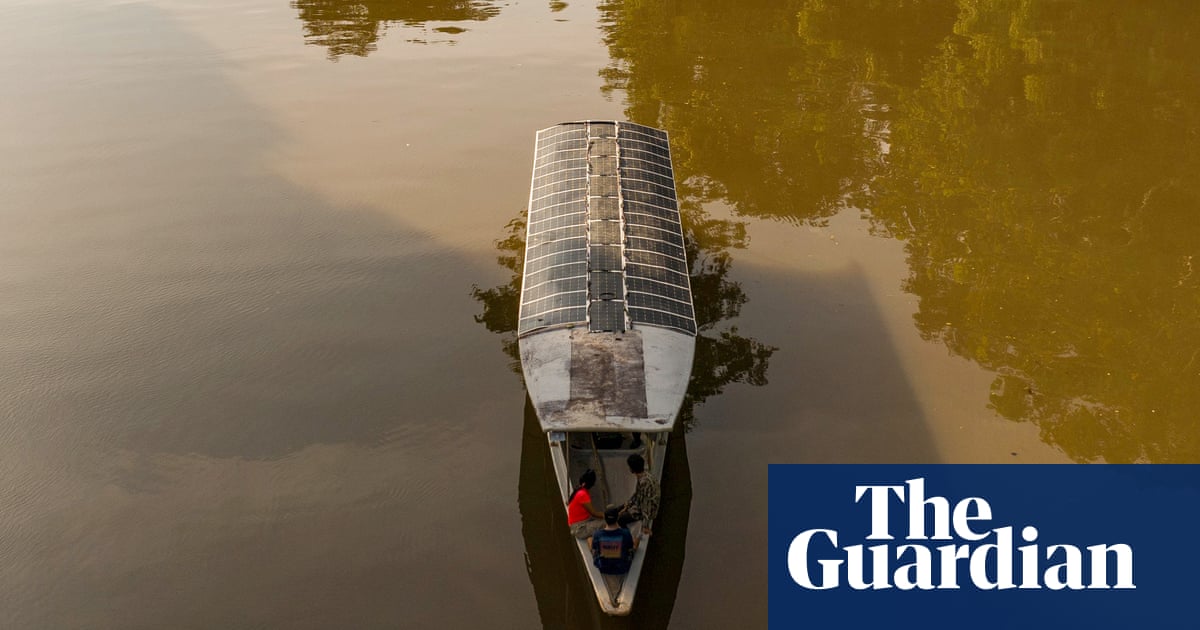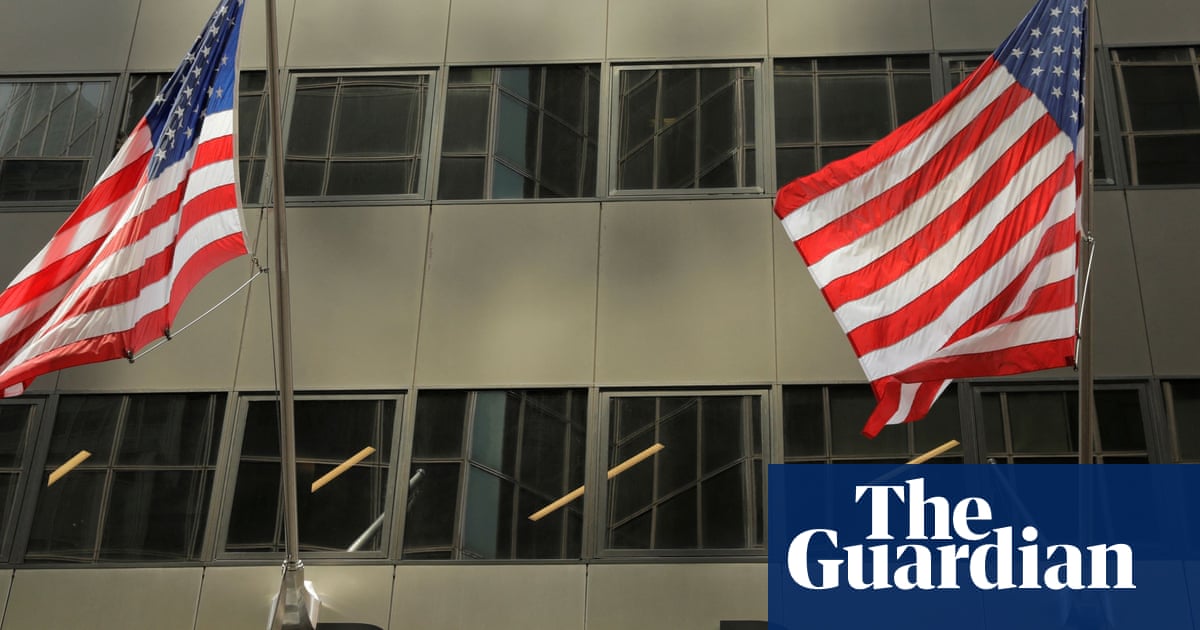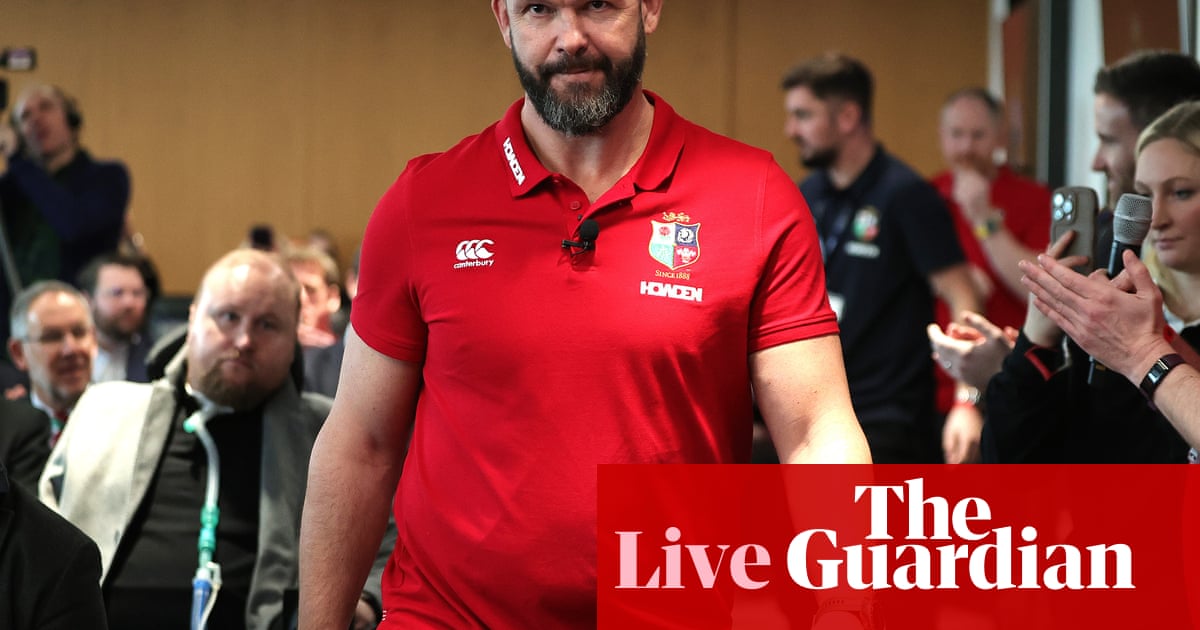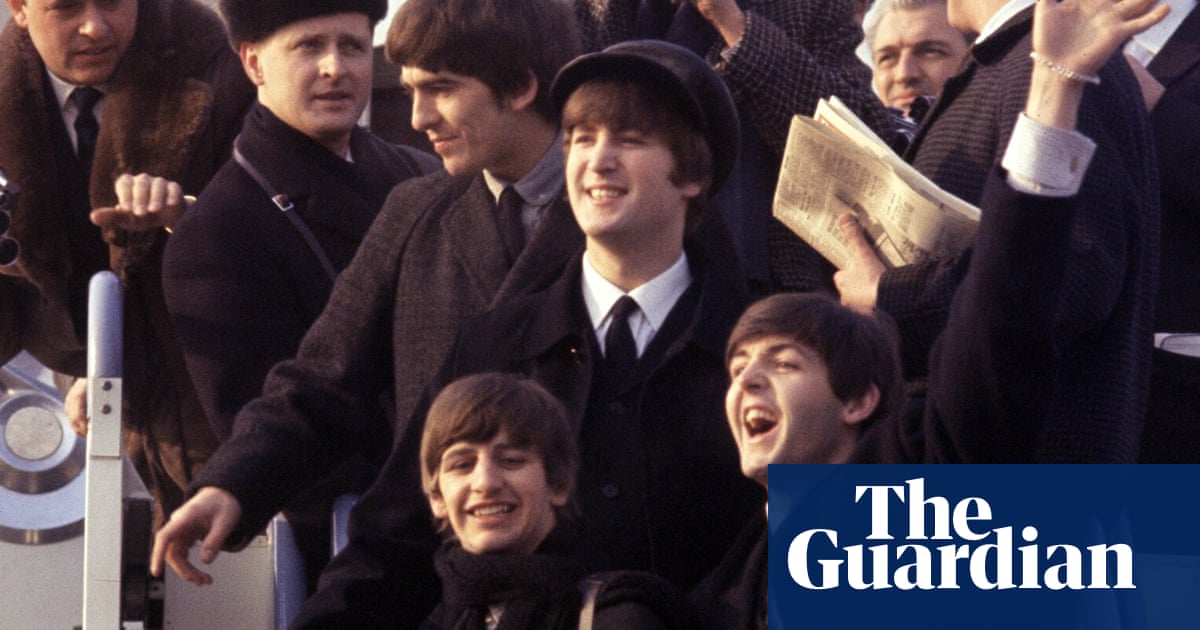China has confirmed that the head of the British military paid an unannounced visit to the country this week, where he met his counterpart at a time when Beijing’s trade dispute with the US was intensifying.
London did not publicise the visit, but China’s defence ministry said Adm Sir Tony Radakin had discussed strengthening military cooperation with a country that the UK officially describes as posing a “systemic challenge”.
Radakin met Gen Liu Zhenli, the chief of staff of China’s central military commission, on Wednesday, the defence ministry said in a short statement published on its website.
“The two sides conducted in-depth exchanges on China-UK relations and mil-to-mil relations, international and regional situations and issues of common concern, and had communication on strengthening exchanges and cooperation between the two militaries,” the ministry said.
There was no immediate comment from from the UK’s Ministry of Defence, but British sources said it was in the country’s interest to maintain robust military-to-military communications with China – and to engage in “firm conversations” about the importance of peace in the Indo-Pacific.
Some British politicians critical of China expressed surprise at the visit. The former Conservative leader Iain Duncan Smith said his jaw had dropped when he learned about the visit.
“The Labour government is kowtowing to China, but they shouldn’t make the military follow them,” he said. “The most astonishing and alarming thing is to watch China being treated as an ally and friend, a country that trashed the Sino-British agreement on Hong Kong and has arrested peaceful democracy campaigners.”
Frances D’Souza, a cross-bench peer and member of the all-party parliamentary group on Taiwan, said: “I have to say that it does not bode well for a robust UK policy on supporting a democratic Taiwan … This drives a hole through any possibility of having a coherent policy.”
It is the first time a UK chief of defence staff has visited China since 2015, when Britain was trying to foster a “golden era” of relations. The Chinese president, Xi Jinping, made a state visit to the UK the same year.
Relations have deteriorated since as China has aggressively asserted its control over Hong Kong, a former British colony. It has also been accused of spying on the UK and acting as a “decisive enabler” of Russia’s war in Ukraine by supplying components for munitions.
Labour has tried to strike a balance since taking office. Two senior British ministers – the foreign secretary, David Lammy, and the chancellor, Rachel Reeves – have visited China in an effort to maintain positive economic relations despite the security concerns. Reeves said a long-term relationship with China was “squarely in our national interest” on her trip in January.
Radakin is reported to have given a speech to students at the People’s Liberation Army National Defence University, which specialises in military education. The Times reported that he had defended the post-second world war security order and emphasised the value of alliances.
after newsletter promotion
Donald Trump introduced a 125% tariff on Chinese imports to the US this week, prompting Beijing to retaliate with an 84% levy of its own. Beijing said on Thursday that a US trade war would end in failure after Trump had accused China of “ripping off the USA” with cheap imported goods.
The UK defence secretary, John Healey, co-hosted a meeting of defence ministers from 30 countries at Nato headquarters in Brussels on Thursday to discuss increasing pressure on Russia over Ukraine.
He told his counterparts: “We cannot jeopardise the peace by forgetting about the war. The daily reality for millions of Ukrainians continues, drone attacks, missile strikes, brutal fighting on the frontline, so we must put more pressure on President Putin to end his war and we must step up support for Ukraine.”
The discussions focused on planning for a “reassurance force” that could be deployed in Ukraine in the event of a peace agreement. The prospect of a ceasefire seems distant after Russia effectively rejected a US-backed proposal for a 30-day pause in hostilities.
Russia carried out airstrikes against Kyiv earlier in the week, while Ukraine claimed to have captured Chinese nationals fighting for the Russian army. China’s foreign ministry said it was verifying the situation, but rejected Kyiv’s accusation that more Chinese citizens were involved in the fighting as groundless.

 4 weeks ago
22
4 weeks ago
22






